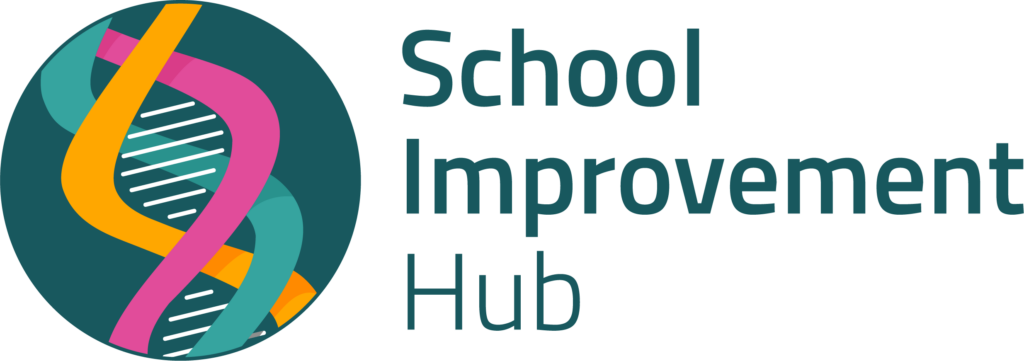Trust-Led Improvement:
Curriculum – Call for Evidence
The Confederation of School Trusts (CST) is continuing its work to understand how trusts successfully lead improvement across groups of schools. This work began with the formation of an expert panel in March 2023 and the publication of CST’s conceptual model for trust-led school improvement in April 2024.
In partnership with ImpactEd, CST launched a national call for evidence in summer 2024. We received submissions from trusts of all sizes, spanning every region of England. Since then, we’ve shared learning through case studies, blogs, podcasts, and conferences—with key resources accessible via the School Improvement Hub.
We are now entering the next phase of this work, focusing on a critical area of school improvement: the curriculum, including the relationship between curriculum and inclusion.
This next phase begins with a new call for evidence, again in partnership with ImpactEd. We want to understand how trusts are supporting and leading the improvement of curriculum practice across their schools.
Structure of the Call for Evidence
This call will be framed around CST’s three-strand conceptual model for school improvement:
- Curate clear goals
- Build capability and capacity
- Implement improvement initiatives
We’re asking trusts to reflect on their curriculum work within this framework:
- What are your curriculum goals, and how do you curate them?
- How do you build the capability and capacity to design and deliver a high-quality curriculum?
- How do you implement curriculum practice in schools across the trust?
In addition, we are keen to understand how inclusion is embedded within curriculum thinking and practice. How does your trust ensure the curriculum works for all pupils—including those with SEND, disadvantaged pupils, and others who may face barriers to learning?
What We’re Looking For
We’re particularly interested in hearing from trusts that can demonstrate a clear trajectory of school improvement. That might include evidence such as:
- Improved school attainment since joining the trust
- Progress in key measures, such as KS2 reading, writing or maths; or Progress 8
- Workforce indicators, such as improved staff retention
- External validations or inspections that support the trust’s impact over time
Why This Matters
As with our first phase of research, this is about sector-led learning. By gathering evidence from across the trust sector, we aim to surface practice that others can learn from—helping trusts support one another and, above all, improving outcomes for children.
We will publish case studies from a selection of Trusts, and those who are not selected for case studies will receive recognition as part of the project and inclusion in a planned synthesis report.
We greatly appreciate your engagement and support.
